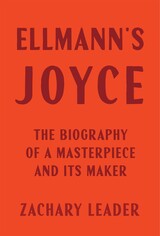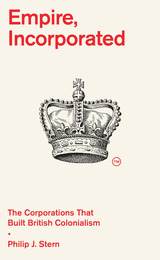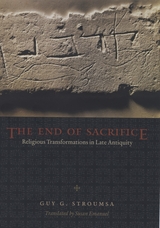
The religious transformations that marked late antiquity represent an enigma that has challenged some of the West’s greatest thinkers. But, according to Guy Stroumsa, the oppositions between paganism and Christianity that characterize prevailing theories have endured for too long. Instead of describing this epochal change as an evolution within the Greco-Roman world from polytheism to monotheism, he argues that the cause for this shift can be found not so much around the Mediterranean as in the Near East.
The End of Sacrifice points to the role of Judaism, particularly its inventions of new religious life following the destruction of the Second Temple in 70 CE. The end of animal sacrifice gave rise to new forms of worship, with a concern for personal salvation, scriptural study, rituals like praying and fasting, and the rise of religious communities and monasticism. It is what Christianity learned from Judaism about texts, death, and, above all, sacrifice that allowed it to supersede Greco-Roman religions and, Stroumsa argues, transform religion itself.
A concise and original approach to a much-studied moment in religious history, The End of Sacrifice will be heralded by all scholars of late antiquity.
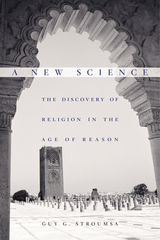
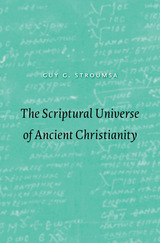
The passage of texts from scroll to codex created a revolution in the religious life of late antiquity. It played a decisive role in the Roman Empire’s conversion to Christianity and eventually enabled the worldwide spread of Christian faith. The Scriptural Universe of Ancient Christianity describes how canonical scripture was established and how scriptural interpretation replaced blood sacrifice as the central element of religious ritual. Perhaps more than any other cause, Guy G. Stroumsa argues, the codex converted the Roman Empire from paganism to Christianity.
The codex permitted a mode of religious transmission across vast geographical areas, as sacred texts and commentaries circulated in book translations within and beyond Roman borders. Although sacred books had existed in ancient societies, they were now invested with a new aura and a new role at the core of religious ceremony. Once the holy book became central to all aspects of religious experience, the floodgates were opened for Greek and Latin texts to be reimagined and repurposed as proto-Christian. Most early Christian theologians did not intend to erase Greek and Roman cultural traditions; they were content to selectively adopt the texts and traditions they deemed valuable and compatible with the new faith, such as Platonism. The new cultura christiana emerging in late antiquity would eventually become the backbone of European identity.
READERS
Browse our collection.
PUBLISHERS
See BiblioVault's publisher services.
STUDENT SERVICES
Files for college accessibility offices.
UChicago Accessibility Resources
home | accessibility | search | about | contact us
BiblioVault ® 2001 - 2025
The University of Chicago Press



